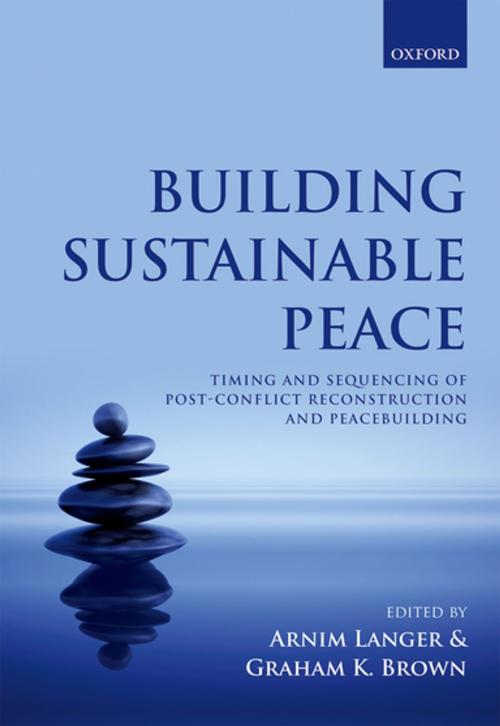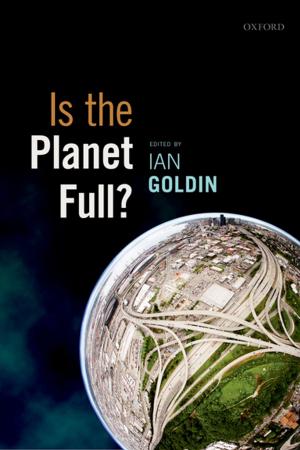Building Sustainable Peace
Timing and Sequencing of Post-Conflict Reconstruction and Peacebuilding
Business & Finance, Economics, Economic Development, Nonfiction, Reference & Language, Reference| Author: | ISBN: | 9780191074547 | |
| Publisher: | OUP Oxford | Publication: | June 16, 2016 |
| Imprint: | OUP Oxford | Language: | English |
| Author: | |
| ISBN: | 9780191074547 |
| Publisher: | OUP Oxford |
| Publication: | June 16, 2016 |
| Imprint: | OUP Oxford |
| Language: | English |
Countries emerging from civil war or protracted violence often face the daunting challenge of rebuilding their economy while simultaneously creating the political and social conditions for a stable peace. The implicit assumption in the international community that rapid political democratisation along with economic liberalisation holds the key to sustainable peace is belied by the experiences of countries such as Iraq and Afghanistan. Often, the challenges of post-conflict reconstruction revolve around the timing and sequencing of different reform that may have contradictory implications. Drawing on a range of thematic studies and empirical cases, this book examines how post-conflict reconstruction policies can be better sequenced in order to promote sustainable peace. The book provides evidence that many reforms that are often thought to be imperative in post-conflict societies may be better considered as long-term objectives, and that the immediate imperative for such societies should be 'people-centred' policies.
Countries emerging from civil war or protracted violence often face the daunting challenge of rebuilding their economy while simultaneously creating the political and social conditions for a stable peace. The implicit assumption in the international community that rapid political democratisation along with economic liberalisation holds the key to sustainable peace is belied by the experiences of countries such as Iraq and Afghanistan. Often, the challenges of post-conflict reconstruction revolve around the timing and sequencing of different reform that may have contradictory implications. Drawing on a range of thematic studies and empirical cases, this book examines how post-conflict reconstruction policies can be better sequenced in order to promote sustainable peace. The book provides evidence that many reforms that are often thought to be imperative in post-conflict societies may be better considered as long-term objectives, and that the immediate imperative for such societies should be 'people-centred' policies.















